Humans
Sign up for our newsletter
We summarize the week's scientific breakthroughs every Thursday.
-
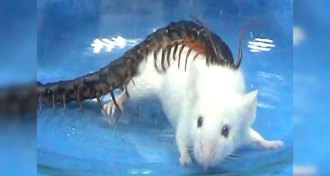 Health & Medicine
Health & MedicineHere’s the key ingredient that lets a centipede’s bite take down prey
A newly identified “spooky toxin” launches a broad attack but might be eased with a version of a known drug.
By Susan Milius -
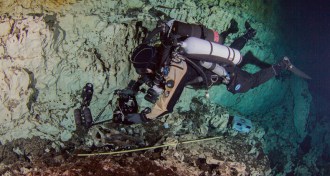 Anthropology
Anthropology‘First Face of America’ explores how humans reached the New World
New documentary shows how an ancient teen and an infant have illuminated scientists’ understanding of the peopling of the Americas.
By Bruce Bower -
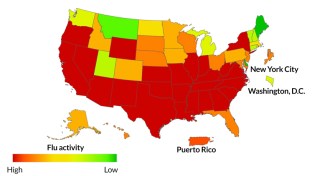 Health & Medicine
Health & MedicineNew twist on a flu vaccine revs up the body’s army of virus killers
A new approach to flu vaccine development makes influenza virus extra sensitive to a powerful antiviral system.
-
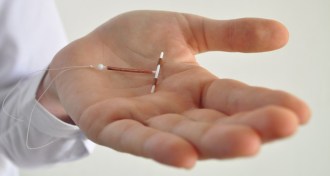 Health & Medicine
Health & Medicine50 years ago, IUDs were deemed safe and effective
50 year ago, the U.S. Food and Drug Administration declared intrauterine devices safe and effective, though officials didn’t know how the IUDs worked.
-
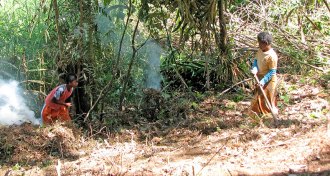 Anthropology
AnthropologyHunter-gatherer lifestyle could help explain superior ability to ID smells
Hunter-gatherers in the forests of the Malay Peninsula prove more adept at naming smells than their rice-farming neighbors, possibly because of their foraging culture.
By Bruce Bower -
 Health & Medicine
Health & MedicineEvidence grows that normal childbirth takes longer than we thought
Another study finds that labor lasts longer than is traditionally taught — an insight that could mean fewer unnecessary cesarean deliveries.
-
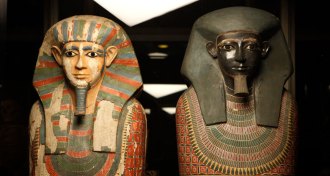 Anthropology
AnthropologyDNA solves the mystery of how these mummies were related
Two ancient Egyptian mummies known as the Two Brothers had the same mother, but different dads.
By Bruce Bower -
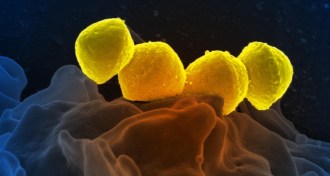 Health & Medicine
Health & MedicineNot all strep infections are alike and it may have nothing to do with you
Add-on genes in some bacteria shape the way strains interact with the immune system.
-
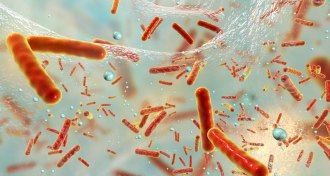 Microbes
MicrobesA new gel could help in the fight against deadly, drug-resistant superbugs
An antibacterial ointment breaks down the defenses of drug-resistant microbes such as MRSA in lab tests.
-
 Health & Medicine
Health & MedicineHormone replacement makes sense for some menopausal women
For healthy women within 10 years of menopause, the benefits of hormone therapy for relief of hot flashes or other symptoms may outweigh the risks.
-
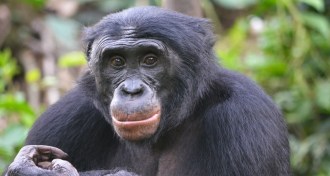 Anthropology
Anthropology‘Laid-back’ bonobos take a shine to belligerents
Unlike people, these apes gravitate toward those who are unhelpful.
By Bruce Bower -
 Archaeology
ArchaeologyHow the Dead Sea Scrolls survived a war in the 1960s
50 years after the Dead Sea Scrolls survived a war, another possible scroll cave offered tantalizing new clues.
By Bruce Bower